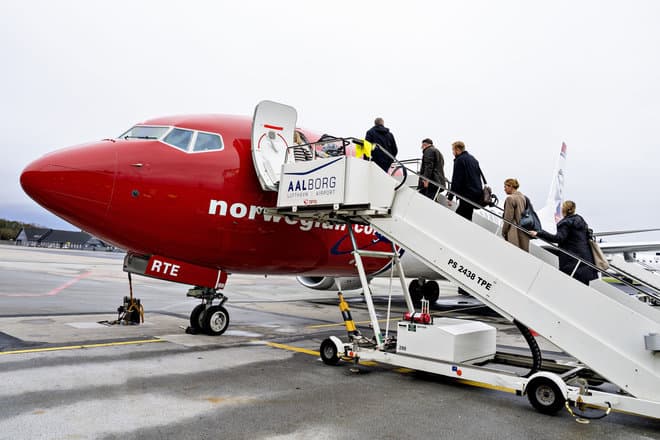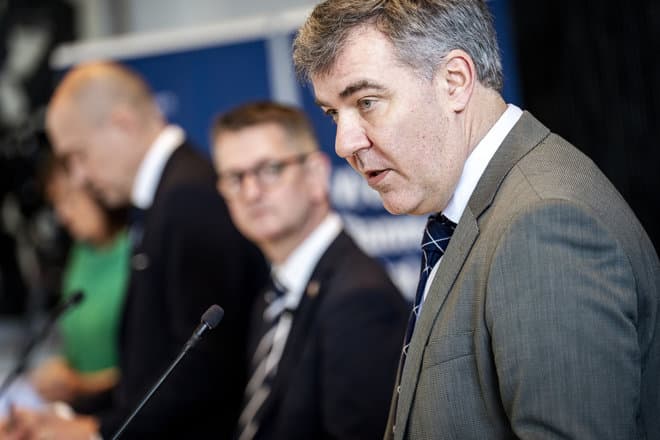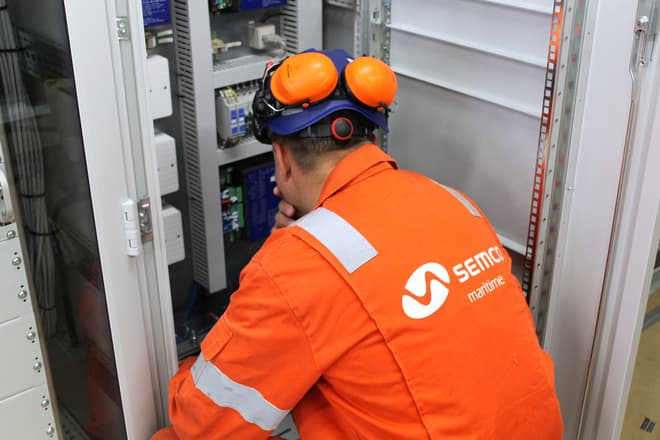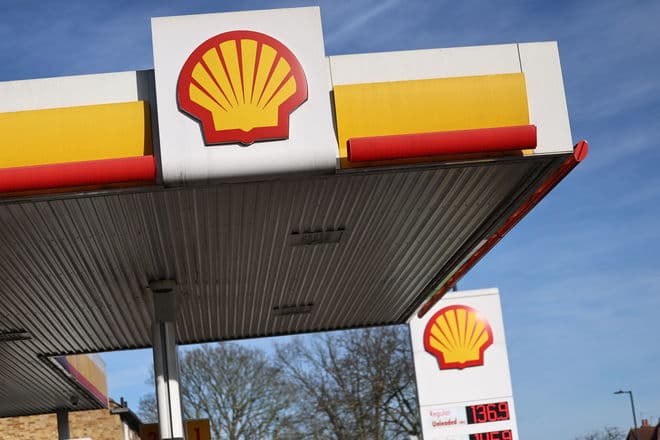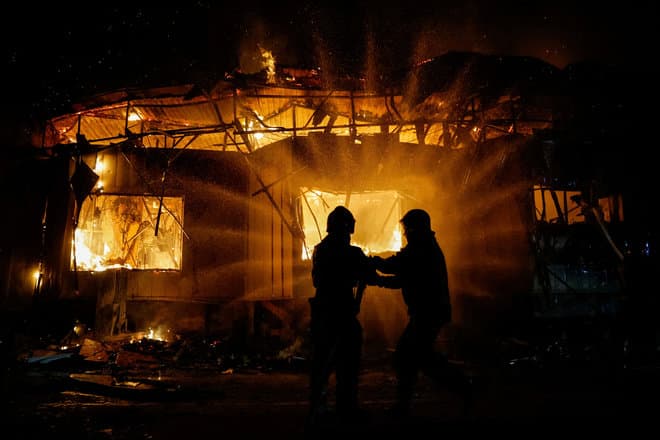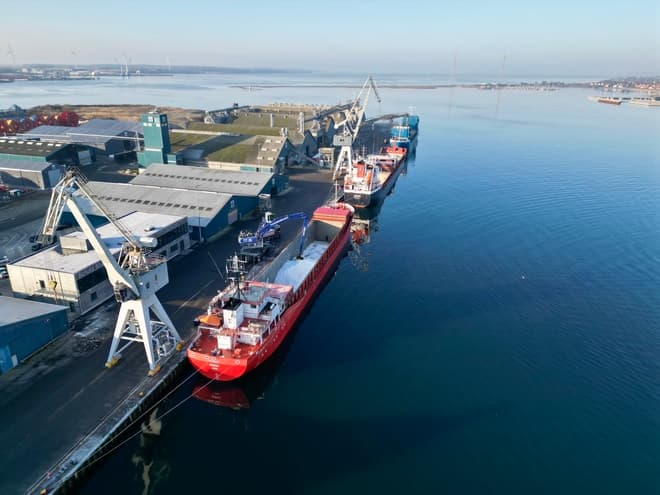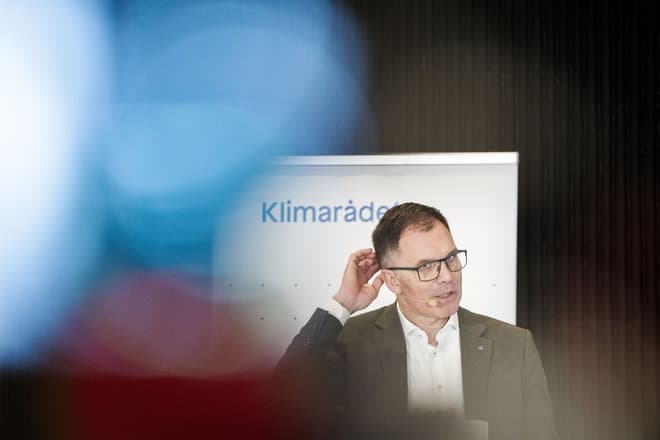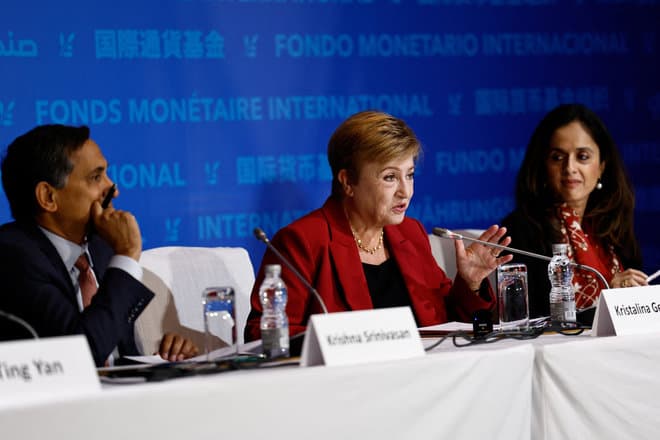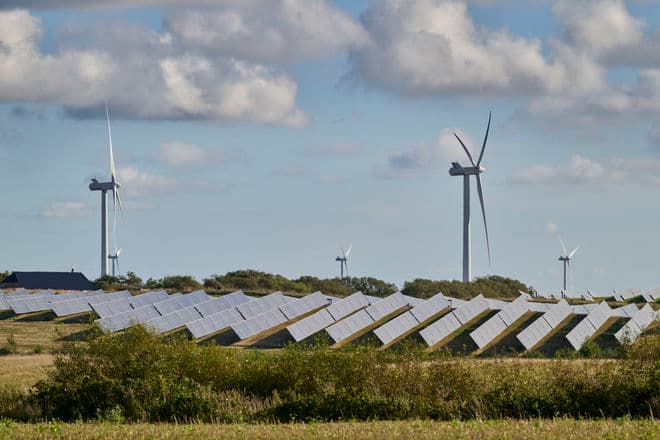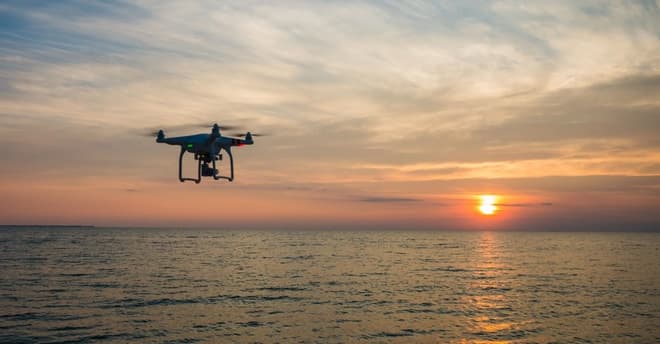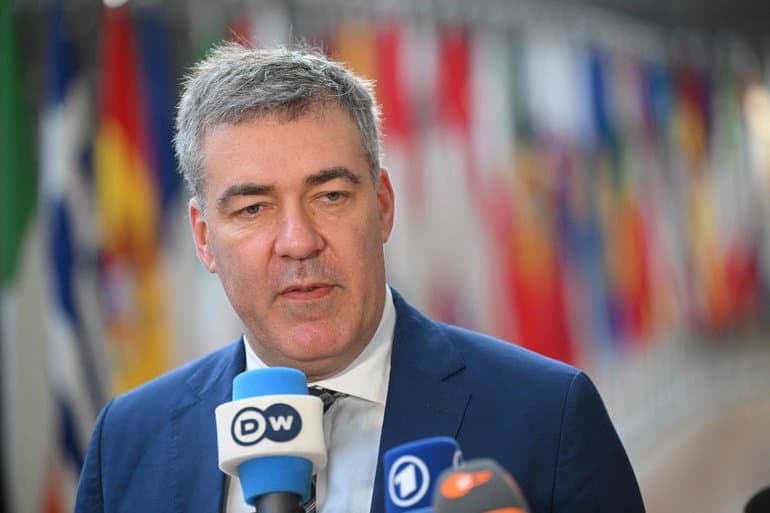
After marathon negotiations, the Danish EU Presidency succeeded on Wednesday morning in getting EU countries to agree to a new 2040 climate target for the EU. The target is a 90 percent reduction in greenhouse gas emissions compared to the 1990 level.
This is pleasing for Minister for Climate and Energy Lars Aagaard (M), who, by virtue of the Danish EU Presidency, led the lengthy negotiations that ended at 4:30 a.m. on Wednesday night and ended with a qualified majority of EU countries confirming the agreement at a new meeting on Wednesday morning.
- I don't know if you've gotten any sleep, but I would like to thank you for your efforts. It's been worth it. So thank you from the bottom of my heart, says Lars Aagaard after the adoption on Wednesday.
The 2040 climate target is to ensure that the EU is on track to meet the statutory target of climate neutrality in 2050. This means that the EU - at least on paper - remains within the Paris Agreement's ambition to do its part to keep temperatures from rising more than 1.5 degrees.
But the price has been a compromise that gives EU countries a number of concessions and opportunities to put the reductions elsewhere in their own countries.
This reflects a situation where even large EU countries such as Germany and France are struggling with a weakened economy. With the ongoing war in Ukraine and high energy bills in many EU countries, the appetite for new EU climate targets has decreased.
This meant that Poland and Hungary, among others, voted against the target, while Belgium and Bulgaria abstained.
Poland sees the target as unrealistic
However, the Polish Deputy Minister for Climate, Krzysztof Bolesta, praises the Danish EU presidency for conducting fair negotiations. The climate target of 90 percent is simply unrealistic from a Polish perspective:
- The agreement lowers the target from a 90 percent reduction nationally to 85 percent. But we still believe that this level is too high, says Krzysztof Bolesta.
He is thus referring to the fact that countries can now avoid having to reduce emissions by 85 percent themselves and pay for the last five percent with international climate credits.
Climate credits are investments in projects in third countries that reduce CO2 emissions. This can make it cheaper to reduce emissions if it happens in third countries. However, the credits are often criticized by climate organizations for being uncertain.
To reassure skeptical countries, the agreement also contains a review clause. This allows for changes to the climate target and the methods for achieving it if needed. Here too, the EU countries have been squeezed into a new concession:
- We have written into the review clause that the EU Commission must assess the possibility of the member states using additional international climate credits up to five percent, says Lars Aagaard.
At the same time, the EU's new quota system ETS2 - EU Emissions Trading System 2 - is being postponed by one year. The system covers CO2 emissions from buildings, road transport and other smaller sectors. It is an extension of the existing EU ETS system and is intended to get these sectors to reduce their emissions.
Again, this is being done to help the EU countries with the transition towards the 90 percent target.
/ritzau/
Text, graphics, images, sound, and other content on this website are protected under copyright law. DK Medier reserves all rights to the content, including the right to exploit the content for the purpose of text and data mining, cf. Section 11b of the Copyright Act and Article 4 of the DSM Directive.
Customers with IP agreements/major customer agreements may only share Danish Offshore Industry articles internally for the purpose of handling specific cases. Sharing in connection with specific cases refers to journaling, archiving, or similar uses.
Customers with a personal subscription/login may not share Danish Offshore Industry articles with individuals who do not themselves have a personal subscription to Danish Offshore Industry.
Any deviation from the above requires written consent from DK Medier.


